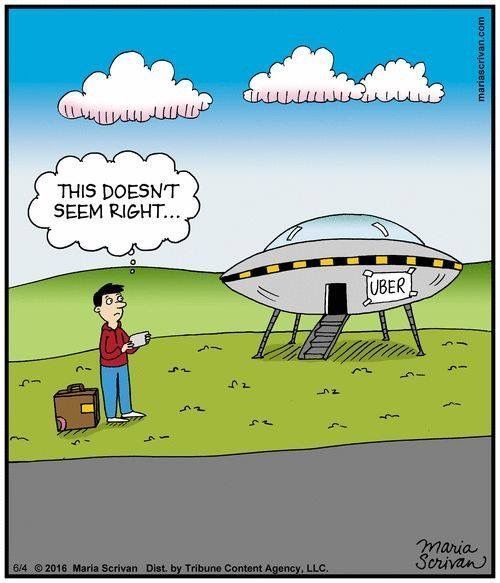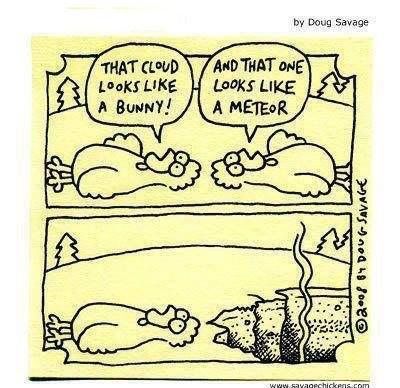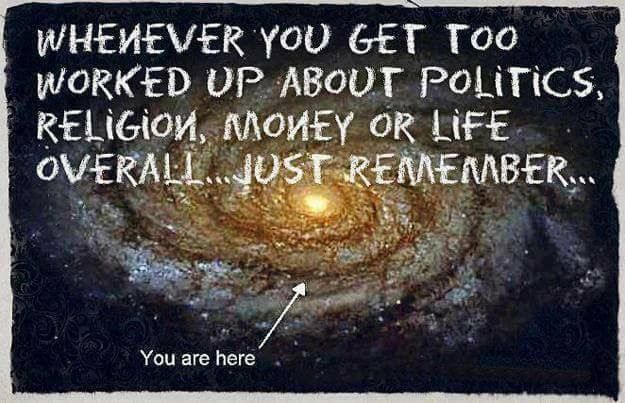Aliens vs. Angels: Why Extraterrestrials Are More Likely Than Ancient Myths
Why Science Makes Aliens Plausible but Myths Impossible

Human beings are storytellers by nature. We’ve always looked upward—sometimes with telescopes, sometimes with prayers. One path is grounded in curiosity and science; the other is rooted in myth, tradition, and faith. But when we weigh the possibility of intelligent extraterrestrial life against the claims of angels, demons, and gods, the verdict is clear: aliens may not have dropped by Earth yet, but their existence is far more probable than any of the supernatural beings that religions have sold for centuries.
The Vastness of the Universe
The first point is size—sheer, incomprehensible size. Our Milky Way galaxy alone contains somewhere between 100 and 400 billion stars. Multiply that by the estimated two trillion galaxies in the observable universe, and you’re looking at numbers so big they lose all meaning. Each star is potentially home to planets, many of which orbit in the “Goldilocks zone”—not too hot, not too cold—for liquid water and possibly life.
We’ve already discovered thousands of exoplanets, some eerily Earth-like. Statistically, the idea that Earth is the only place where life ever arose is almost laughable. The building blocks of life—carbon, hydrogen, oxygen, nitrogen—are not rare elements. They’re everywhere, written into the dust of galaxies.
Compare that to the biblical or mythological view of the cosmos. Angels, demons, and gods are presented as unquestioned realities, existing outside space and time but somehow meddling in human affairs. Yet not once in all of human history have they left evidence outside of old stories. The universe is expansive, observable, and measurable. Myths are static—cultural leftovers from times when humans thought thunder was Zeus tossing a bolt or Yahweh venting anger. Which deserves more weight: the star-studded expanse overhead, or campfire stories passed down from the Bronze Age?
The Silence Factor: Fermi’s Paradox
If the odds favor life, why haven’t we seen it? This is Fermi’s Paradox, and it’s a fair question. There are countless explanations:
- Maybe intelligent civilizations are rare.
- Maybe they don’t last long enough before destroying themselves.
- Maybe they’re out there, but too far away for us to detect.
- Maybe they have detected us but are deliberately avoiding contact.
These are testable hypotheses, debated seriously by astrophysicists, biologists, and mathematicians. The paradox doesn’t disprove alien life—it simply highlights how hard it is to find proof in a universe this vast.
Religion, on the other hand, waves away silence with “mystery.” Angels supposedly intervene in daily affairs, yet the evidence never rises above hearsay. God supposedly answers prayer, yet controlled studies show no measurable effect. Demons allegedly tempt and possess, yet not one medical test has ever confirmed their existence. Science takes silence as a puzzle; religion takes silence as proof of faith.
Evidence vs. Authority
Here lies the real dividing line: evidence versus authority. Every advance in astronomy, biology, chemistry, and physics points us toward a natural universe governed by consistent laws. We can map cosmic microwave background radiation, watch galaxies collide, and analyze the chemical fingerprints of distant planets. We know where to look and how to measure.
Aliens, if they exist, will leave evidence—radio signals, spacecraft remnants, atmospheric biosignatures. Already, scientists are developing instruments to detect methane, oxygen, and water vapor in exoplanet atmospheres. None of this guarantees discovery tomorrow, but it makes the question of extraterrestrial life testable.
Religious claims are not testable. They rely on authority: “The Bible says,” or “The Quran says.” That’s not evidence; that’s repetition. The people who wrote those texts thought disease came from sin, eclipses were omens, and women were property. They had no tools to study nature, so they filled the gaps with supernatural stories. Today, with telescopes orbiting Earth and probes crawling across Mars, the choice is clear.
The Burden of Proof
The burden of proof falls on the person making the claim. For aliens, the claim is cautious: given the size of the universe and the commonality of life’s building blocks, it is reasonable to think we’re not alone. That’s a modest, evidence-based position.
For angels and gods, the claim is extravagant: that invisible beings exist, that they intervene in human history, that they care who we sleep with or what foods we eat, and that they demand worship under threat of eternal torture. Not only is there no evidence for this—there’s centuries of evidence against it. The more science has explained, the less room there is for gods.
Aliens may be unlikely. Angels are impossible by any rational standard.
Why This Matters
The difference between the two isn’t just intellectual. It’s about how we live. Believing in possibilities is not the same as swallowing myths. Science teaches humility—it keeps questions alive and admits what we don’t know. Religion teaches certainty where none exists, shutting down inquiry with ready-made answers.
If aliens exist, it will change our view of ourselves and our place in the cosmos. If angels don’t exist, nothing changes—except that people stop living under the fear of myth. That’s why it matters. One approach opens the future; the other chains us to the past.
References
- Drake, F. (1961). The Drake Equation. National Academy of Sciences.
- Ward, P., & Brownlee, D. (2000). Rare Earth: Why Complex Life Is Uncommon in the Universe. Copernicus Books.
- Dawkins, R. (2006). The God Delusion. Bantam Press.
- Sagan, C. (1994). Pale Blue Dot: A Vision of the Human Future in Space. Random House.
Disclaimer:
The views expressed in this post are opinions of the author for educational and commentary purposes only. They are not statements of fact about any individual or organization, and should not be construed as legal, medical, or financial advice. References to public figures and institutions are based on publicly available sources cited in the article. Any resemblance beyond these references is coincidental.











